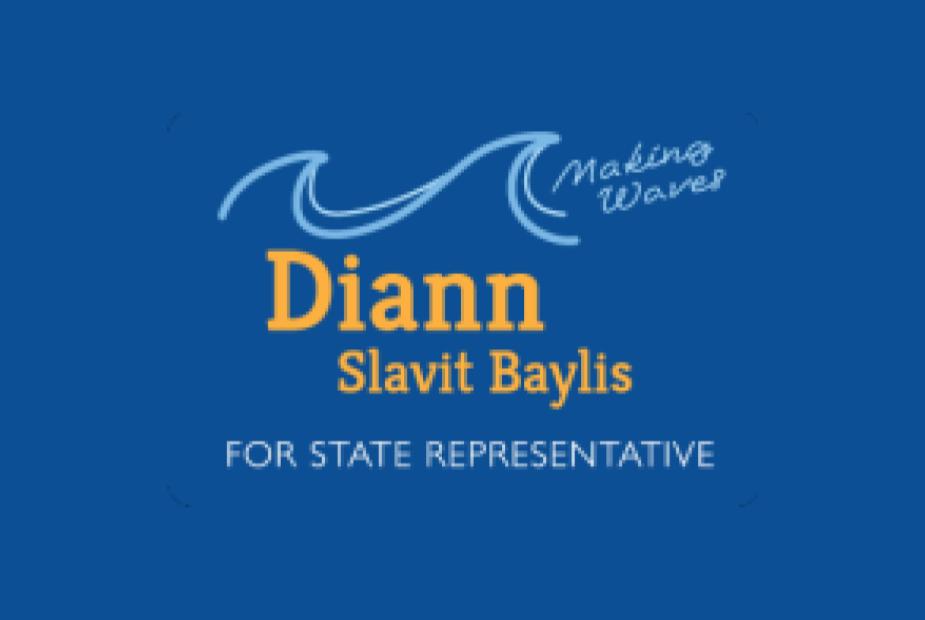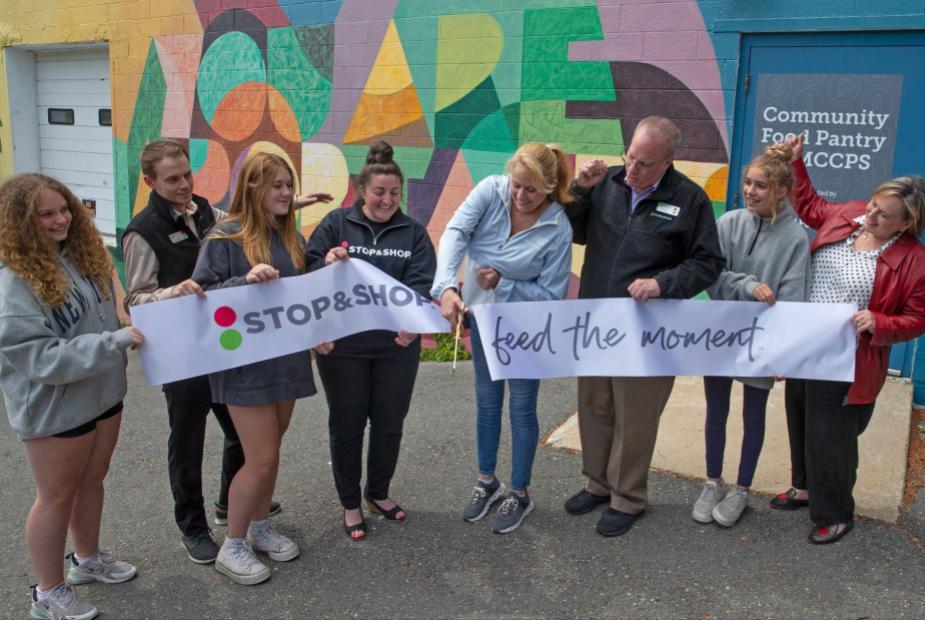Slavit Baylis Calls Out Thompson for “Blowing Past” Self-Financing Legal Limits for Campaign
For Immediate Release: Date: 8/24/22
Contact: Angus McQuilken, 5082771133, agmcquilken@gmail.com
Marblehead, MA – Candidate for State Representative Diann Slavit Baylis today called out her opponent Doug Thompson for “blowing past” legal limits on self-financing of his campaign, based on Thompson’s recent reporting of $35,000 in personal loans to his campaign, $5,000 beyond the legal limit under Massachusetts campaign finance laws. Slavit Baylis is a candidate for the open State Representative seat in the 8th Essex District, encompassing Marblehead, Swampscott and two precincts in Lynn.
“These laws exist for a reason,” said Slavit Baylis. “They are designed to prevent a wealthy candidate from buying a seat in the Legislature through unlimited loans to their own campaign, and then paying themselves back with money raised after the election. If a wealthy candidate wants to spend some of their own fortune funding their campaign, they need to comply with the law and live within the legal limits on candidate loans, and Doug Thompson has failed to do that.”
Mass General Laws Chapter 55 Section 7 states that “Notwithstanding the provisions of any law to the contrary, a candidate shall not loan, per election, more than the following amounts to his candidate's committee:
Governor, lieutenant governor $200,000
Secretary of state, treasurer, auditor, attorney general $150,000
State senator $50,000
State representative $30,000”
In addition to the loans, according to campaign finance filings Thompson has contributed an additional $6,000 of his own money to his campaign.
“Avoiding disclosure of substantial loans and personal contributions until two weeks before the primary has left voters in the dark while mail-in voting has been underway for two weeks,” said Slavit Baylis. “Doug Thompson speaks of transparency in politics and government. This is not what transparency looks like.”
Slavit Baylis first called out Thompson for his failure to report campaign contributions this past Monday, and Thompson filed his deposit reports the next day. Slavit Baylis proposed earlier this week a set of campaign finance reforms, based on the gaps in campaign finance law that have been revealed during the primary for the 8th Essex set.
“Leaders solve problems, and this race has exposed glaring gaps in our state’s campaign finance laws that I will work to address as the next State Representative for the 8th Essex District,” said Slavit Baylis. “If elected, the reforms I am proposing will be one of the first bills I will file for the next legislative session.”
The reforms that Slavit-Baylis proposed include:
- Requiring that occupation and employer be disclosed in reporting of all political contributions, not just those $200 and above as is the case under current law. Slavit Baylis has done this voluntarily throughout her campaign, and has repeatedly called on her opponents to do the same.
- Establishing a new requirement that contributions from registered lobbyists be clearly marked as such on campaign finance reports. Under current law many lobbyist contributions are reported with innocuous-sounding occupations such as “attorney”. Slavit-Baylis is not accepting lobbyist contributions, and has called on her opponents to return any lobbyist contributions.
- Creating a limit on aggregate lobbyist contributions that can be accepted by a candidate, utilizing the same limits that currently apply to political action committee contributions, which for a House seat is $7,500 annually.
- Establishing a new requirement that detailed contributor information, including candidate loans and contributions to their own campaign be disclosed within two days of any bank deposit. Under current law candidates can avoid disclosing contributions, candidate loans or candidate contributions to their own campaign for weeks leading up to an election, with final disclosures not required until eight days before a primary or general election.
- Updating campaign finance reporting deadlines to reflect the new election timeline that includes mail-in voting, such that a complete disclosure report should be filed just prior to the commencement of mail-in voting, and such that late contribution reporting rules would apply from that point forward. Late contribution requirements should be updated to require immediate (same-day) disclosure of contributions greater than $200 during the late reporting period. Current law only applies late contribution disclosure rules for eighteen days before a primary or general election and only to contributions of $500 or more.
“This legislation would ensure a level of transparency in campaign finance reporting that voters deserve, and that is sorely lacking under current reporting requirements and deadlines,” said Slavit Baylis. “For example, if a candidate chooses to finance their campaign using special interest money from lobbyists, voters have a right to know that before they cast their ballot. In the interests of transparency, lobbyist contributions should be clearly and explicitly marked as such in campaign finance reporting, and occupation and employer should be disclosed for all contributions of any amount.”
Contact Angus McQuilken at 5082771133 to arrange an interview or with any questions.








